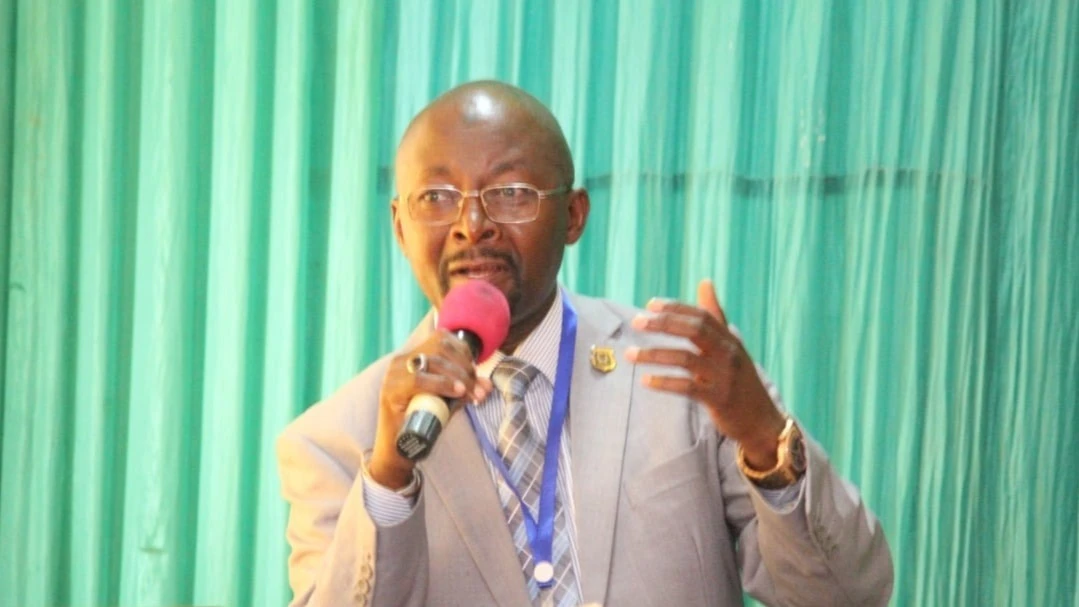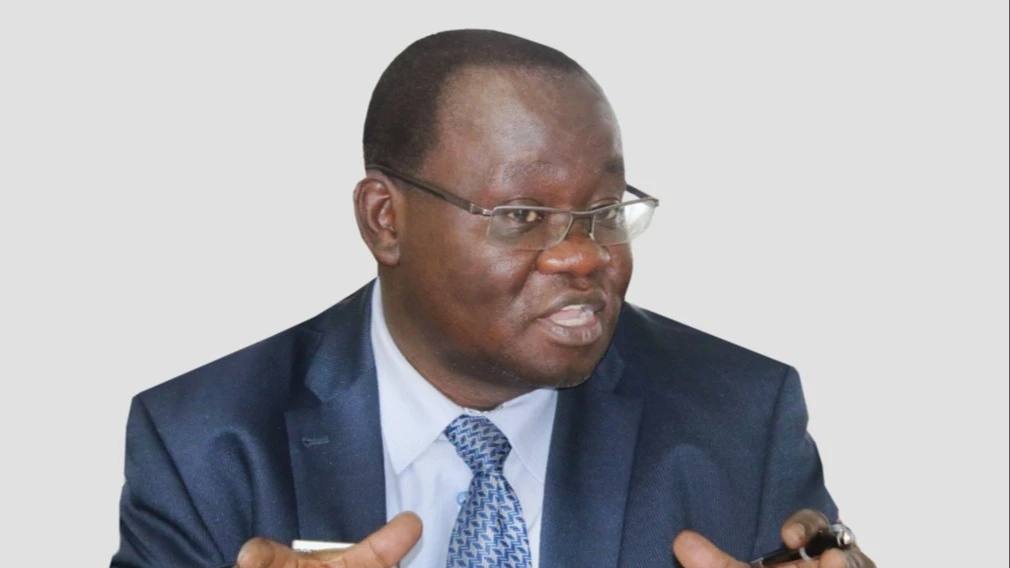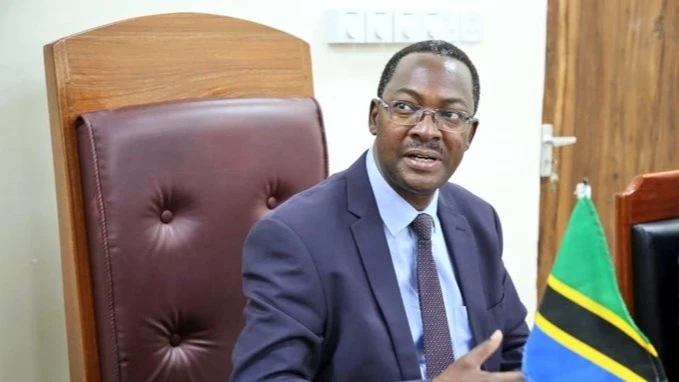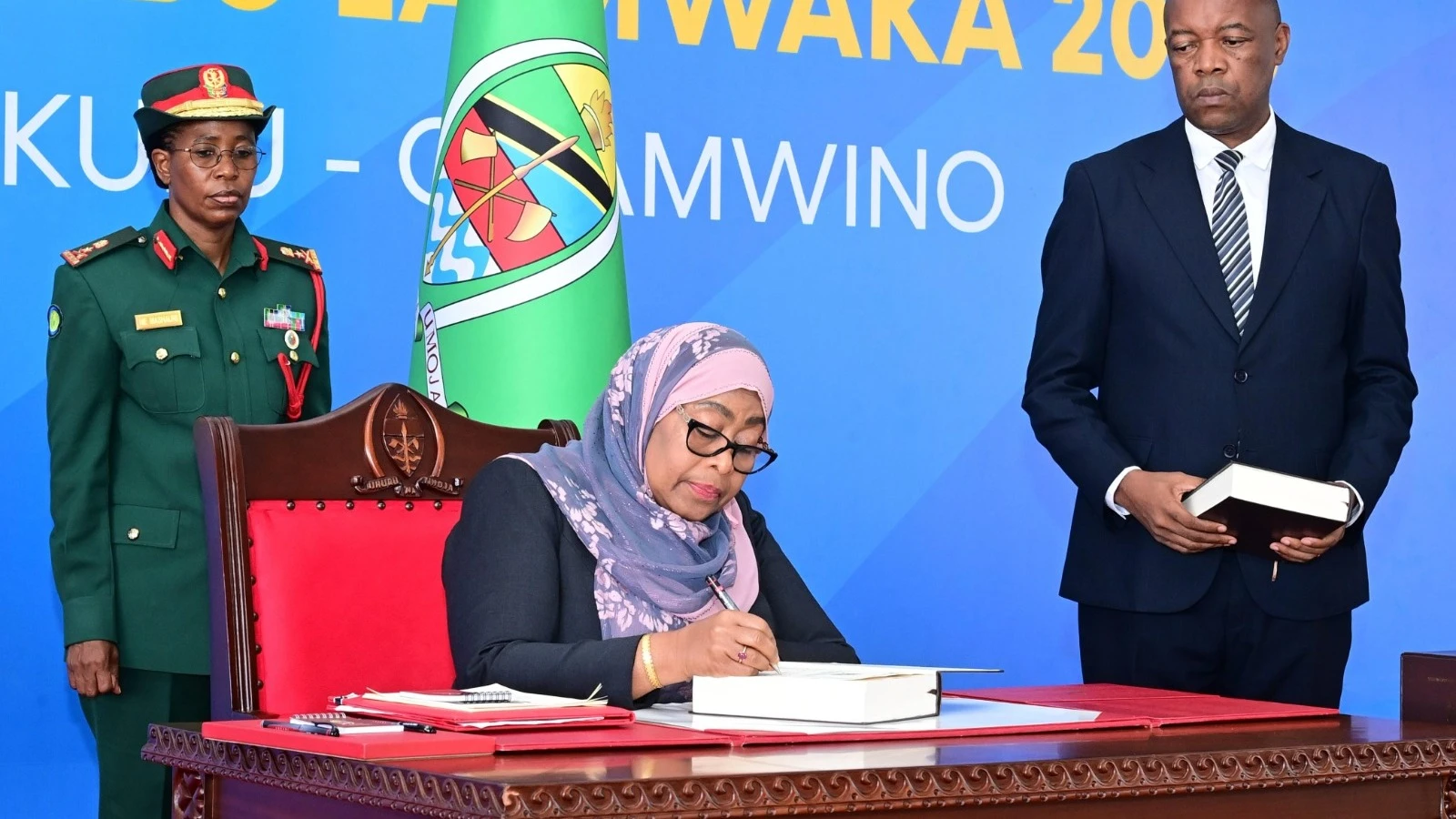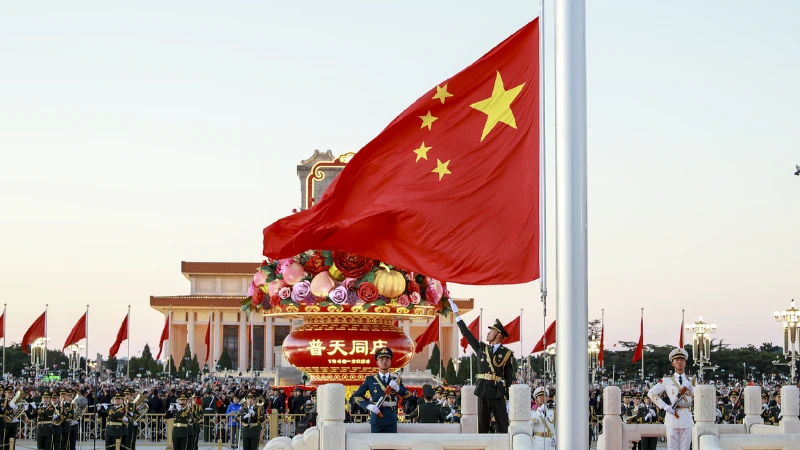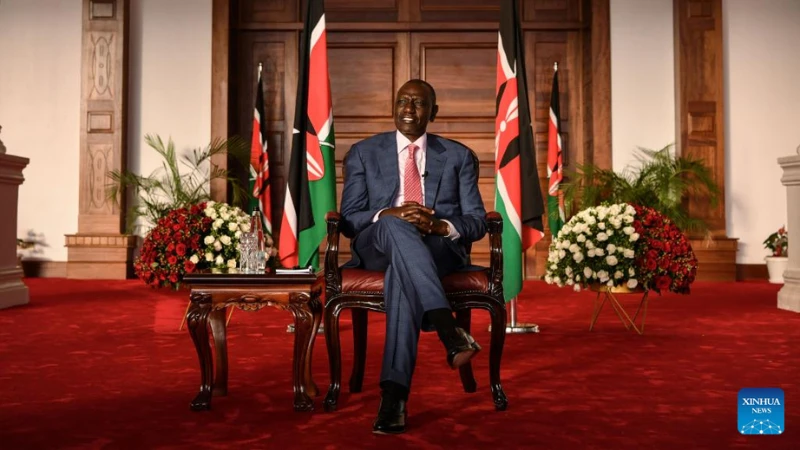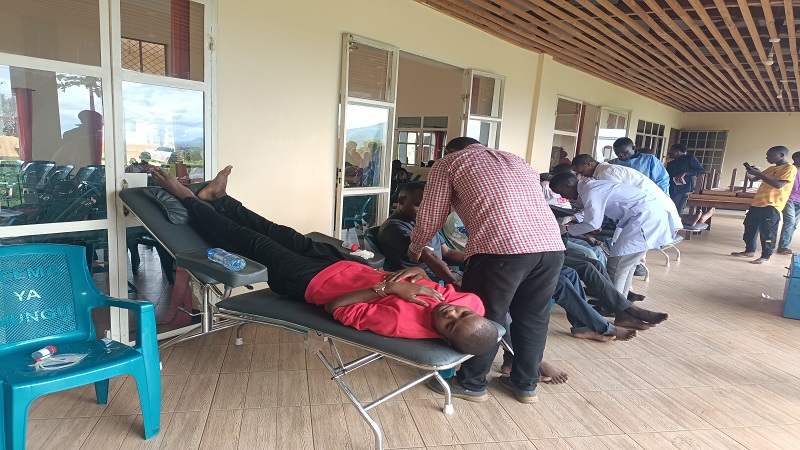‘Budgetary resources offsetting US aid cuts’
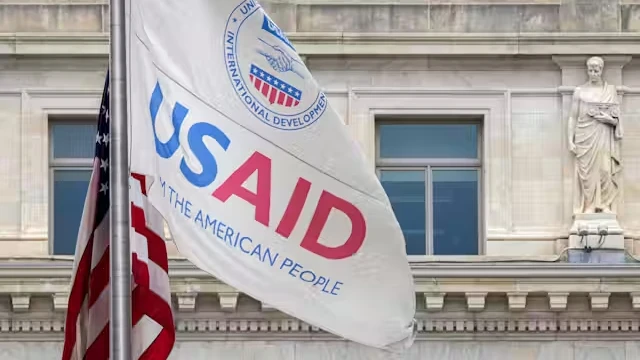
RELYING more on domestic resources through the national budget is likely to address potential shifts in U.S. foreign aid policy toward Africa, the government has reiterated.
Dr Mwigulu Nchemba, the Finance minister, issued this declaration at a meeting with Adran Ubisse, executive director for the Africa Group I constituency of the International Monetary Fund (IMF), on the sidelines of the 2025 IMF and World Bank spring meetings in Washington D.C.
The IMF executive had inquired about Tanzania's plans in light of the U.S. government’s decision to drastically cut foreign assistance to African nations, including health sector funding, and to impose tariffs on hitherto untaxed imports from the continent.
In his response, the minister said the government has already allocated additional funding in the 2025/26 national budget to support sectors directly affected by these policy changes, particularly health.
“We are adjusting our spending priorities, cutting down on recurrent expenditure and directing more funds toward social services and productive sectors to shield our economy from external shocks,” he said.
“Tanzania, like other African nations, cannot allow its development trajectory to be derailed by changing foreign policies. We are taking deliberate steps to reallocate resources for essential services, economic growth and infrastructure,” he stated.
Stanslaus Nyongo, the Planning and Investment deputy minister in the President’s Office, highlighted the country’s newly completed National Development Vision 2050. The blueprint emphasizes self-reliance through investments in key sectors like agriculture and digital technology, seeking to raise per capita income from the current $1,250 to $4,700 by 2050, he explained.
The IMF official commended Tanzania’s proactive economic strategy, underlining that the IMF is also exploring ways to help African nations build resilience to external shocks through tailored support programs.
The minister is leading the Tanzanian delegation to the spring meetings, accompanied by the deputy minister Nyongo; Dr Natu Mwamba, the Treasury permanent secretary; Bank of Tanzania Governor Emmanuel Tutuba, and Dr Blandina Kilama, economic advisor to the president.
Other delegation members include top officials from Energy, Finance (Zanzibar) and Planning ministries, projecting the government’s commitment to strengthening the country’s economic footing amid shifting global dynamics.
Top Headlines
© 2025 IPPMEDIA.COM. ALL RIGHTS RESERVED









